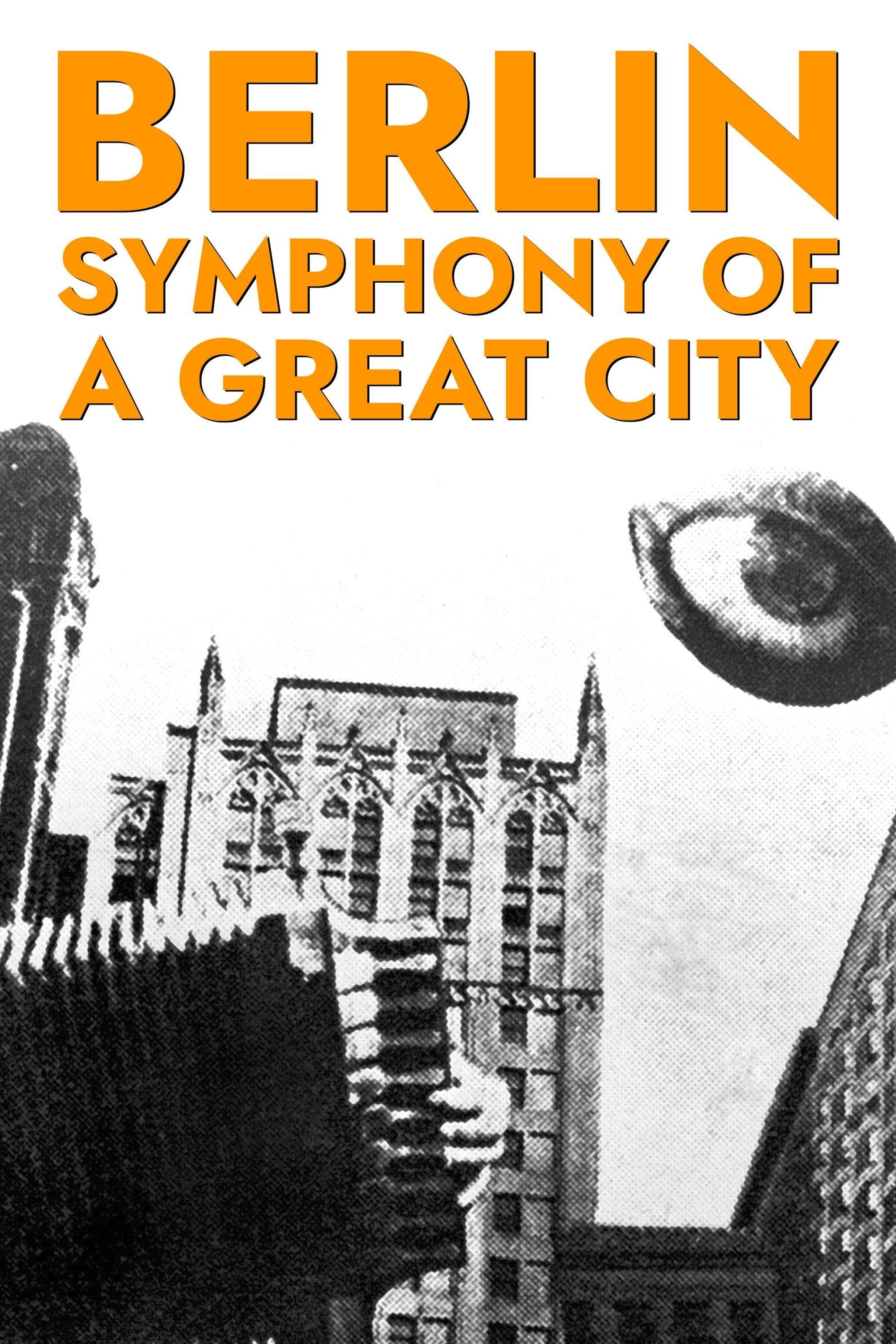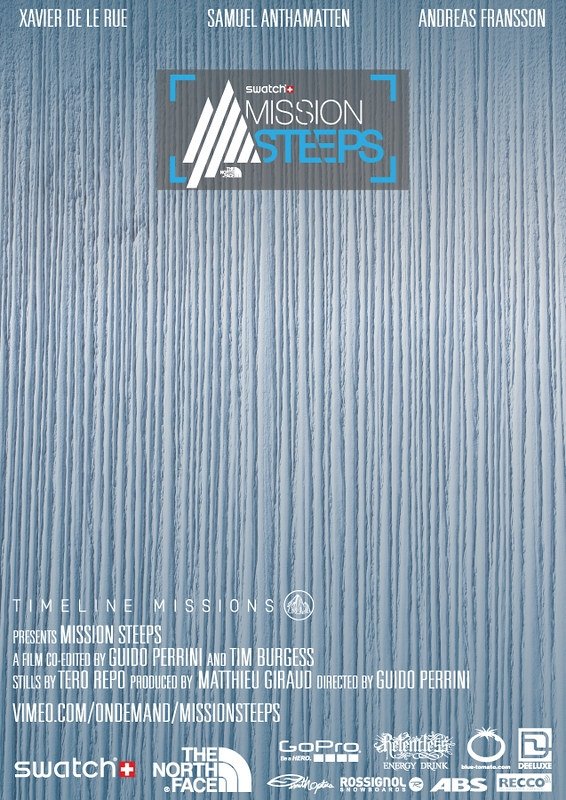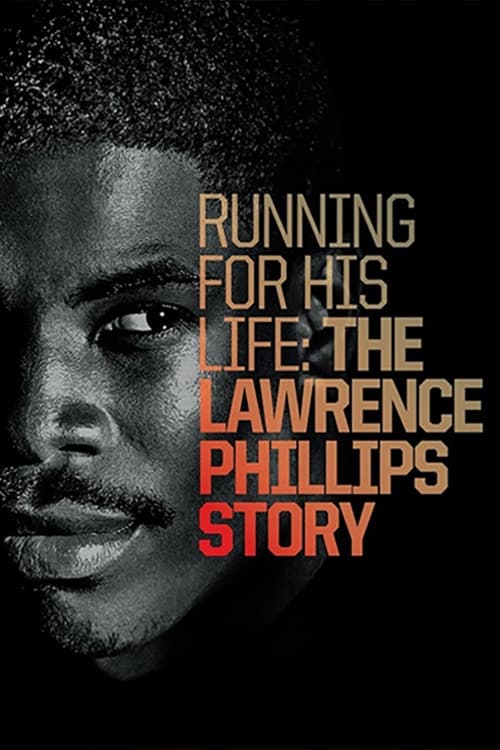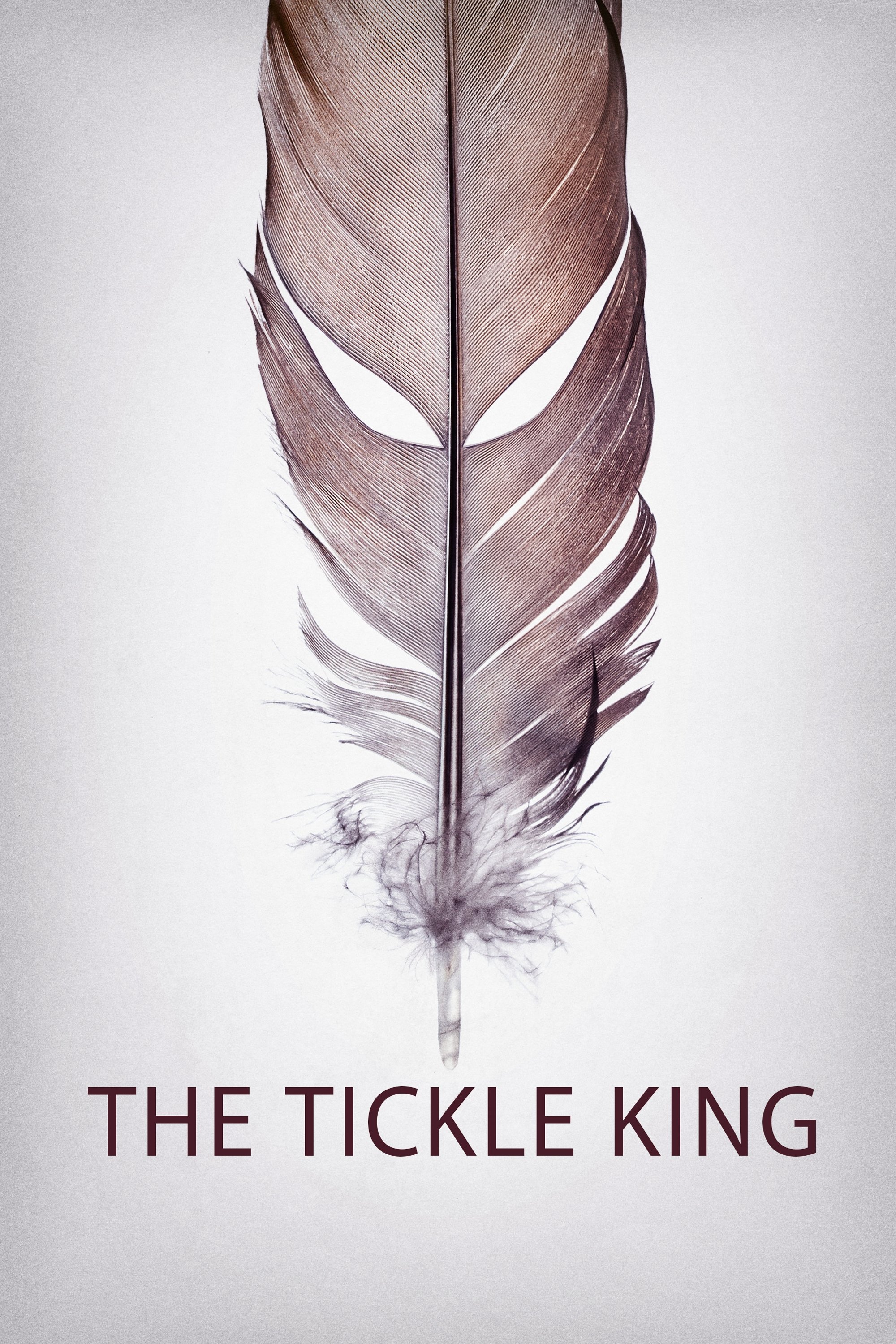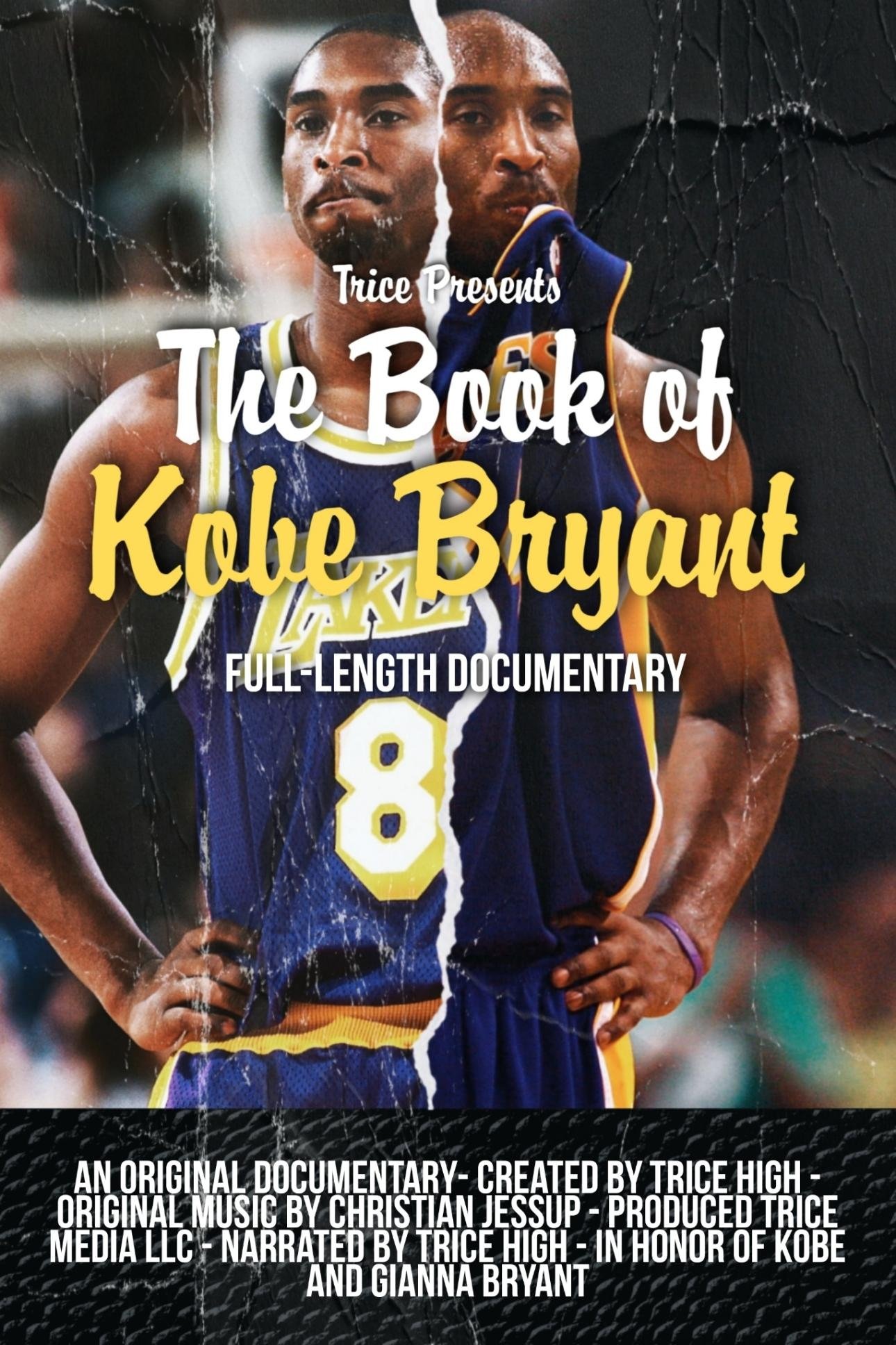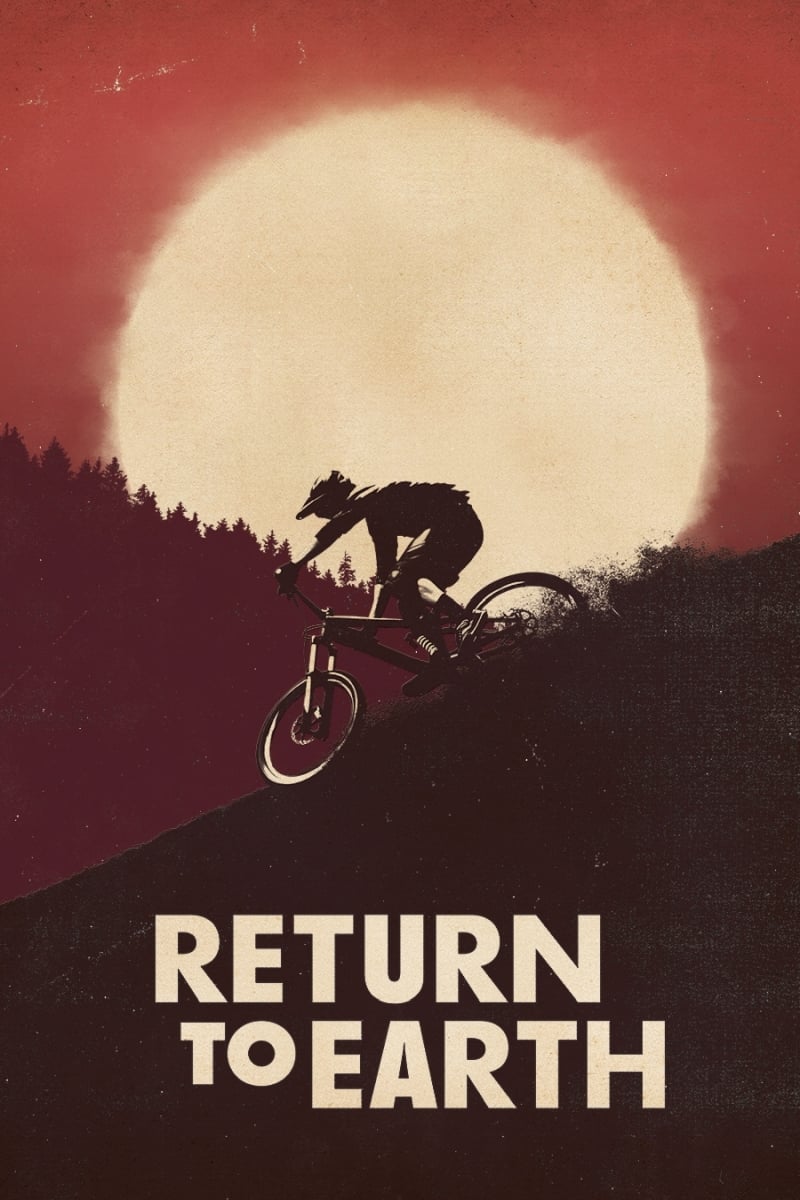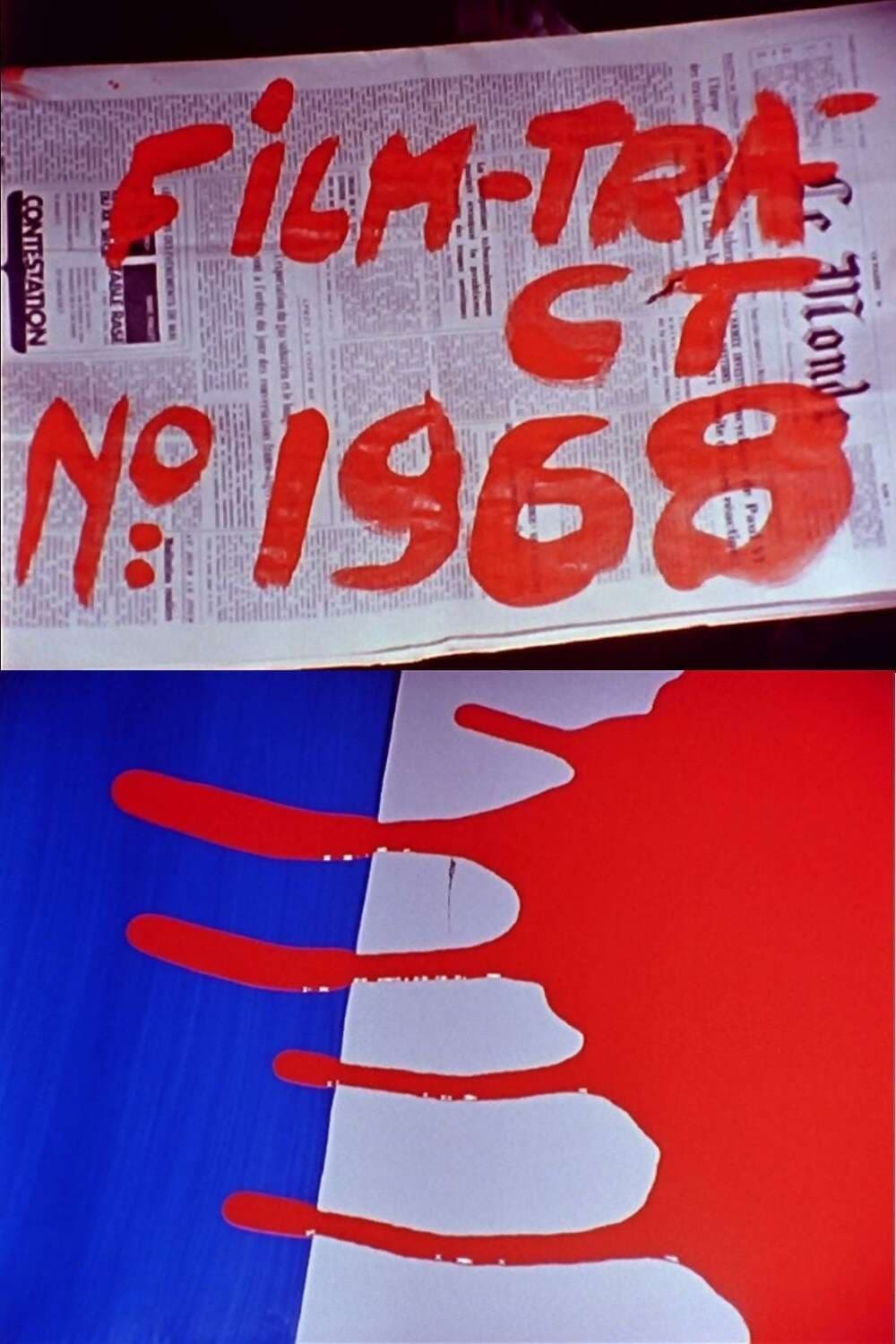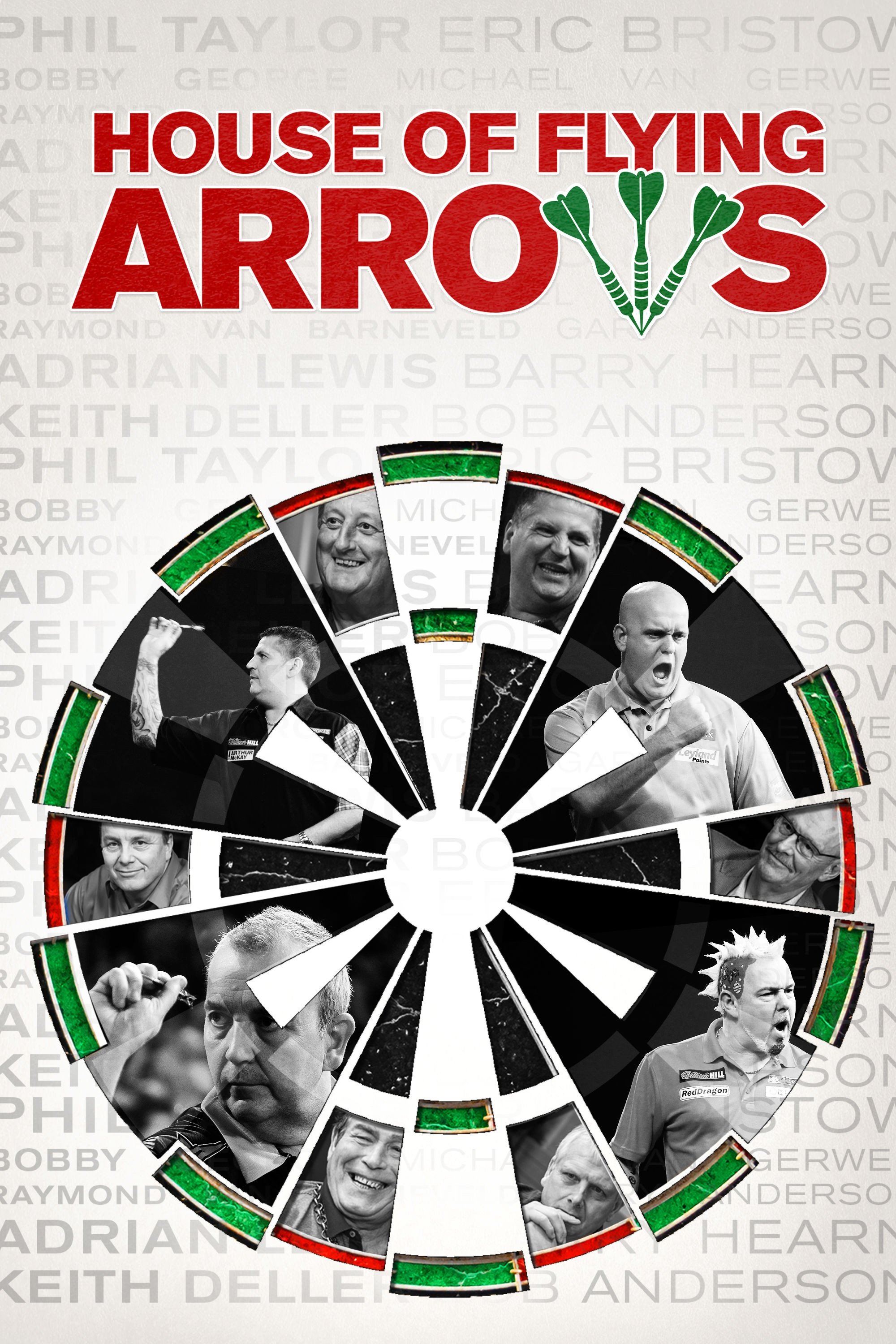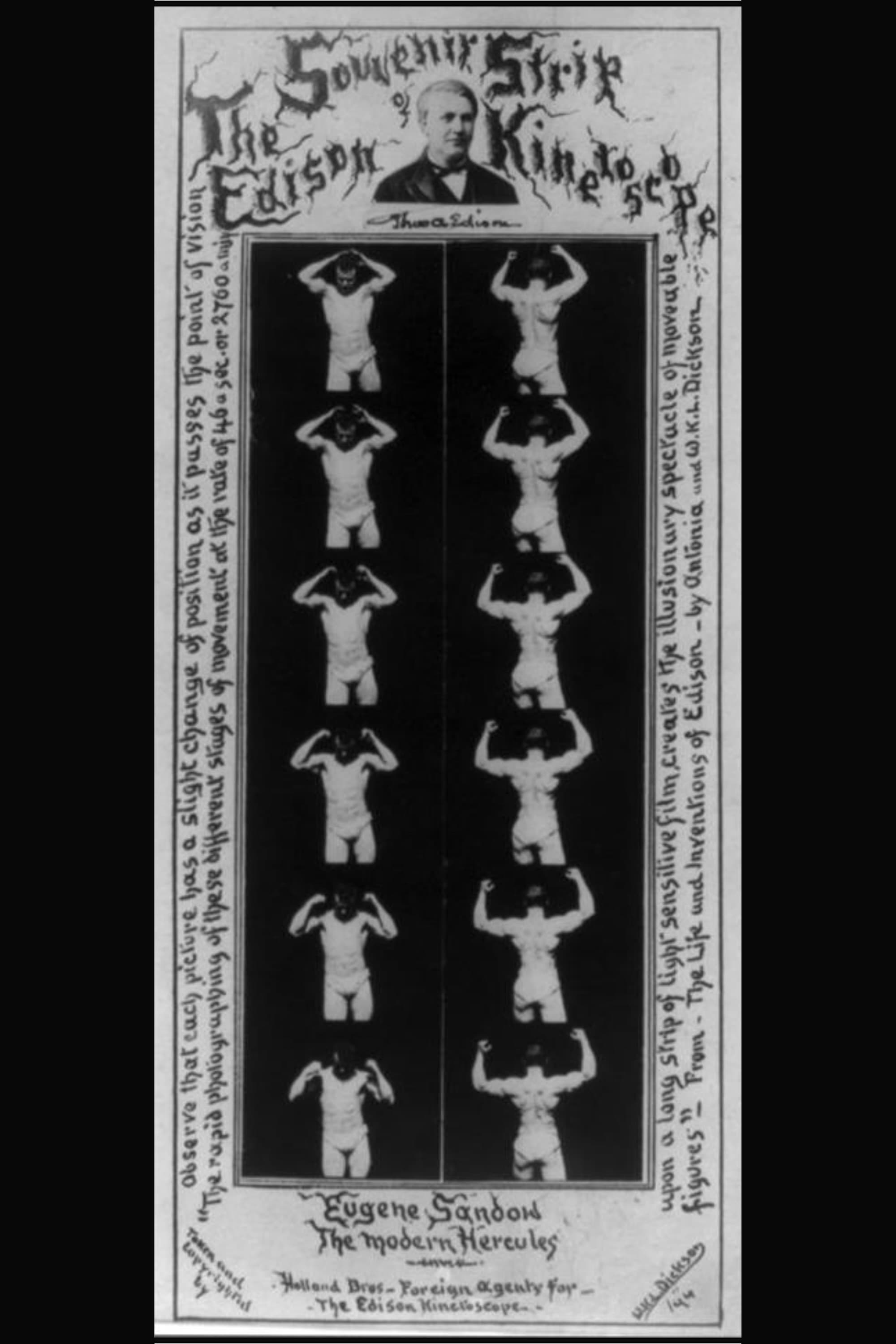
Souvenir Strip of the Edison Kinetoscope (1894)
Overview
Eugen Sandow, who claims to be the strongest man in the world, appears in the Edison Company's film studio.
Production Companies

Additional Info
| Budget | $0.00 |
|---|---|
| Revenue | $0.00 |
| Original Language | xx |
| Popularity | 0.626 |
Directed By
William K.L. Dickson
William Heise
Crew
William K.L. Dickson
William Heise
William K.L. Dickson
William Heise
TOP CAST

Eugen Sandow
Himself
Similar Movies
The Arrival of a Train at La Ciotat
A group of people are standing along the platform of a railway station in La Ciotat, waiting for a train. One is seen coming, at some distance, and eventually stops at the platform. Doors of the railway-cars open and attendants help passengers off and on. Popular legend has it that, when this film was shown, the first-night audience fled the café in terror, fearing being run over by the "approaching" train. This legend has since been identified as promotional embellishment, though there is evidence to suggest that people were astounded at the capabilities of the Lumières' cinématographe.
Berlin: Symphony of a Great City
A day in the city of Berlin, which experienced an industrial boom in the 1920s, and still provides an insight into the living and working conditions at that time. Germany had just recovered a little from the worst consequences of the First World War, the great economic crisis was still a few years away and Hitler was not yet an issue at the time.
2008 Olympics: Michael Phelps: Inside Story of the Beijing Games
Having stood on the gold medal podium a record 8 times during one Olympic Games, Michael Phelps now stands alone as the the greatest Olympic champion in history. With exclusive interviews and commentary, Michael takes us on his personal journey to Olympic stardom. Includes all his races and special behind-the-scenes footage.
Nanook of the North
This pioneering documentary film depicts the lives of the indigenous Inuit people of Canada's northern Quebec region. Although the production contains some fictional elements, it vividly shows how its resourceful subjects survive in such a harsh climate, revealing how they construct their igloo homes and find food by hunting and fishing. The film also captures the beautiful, if unforgiving, frozen landscape of the Great White North, far removed from conventional civilization.
Olympia: Part One – Festival of the Nations
Commissioned to make a propaganda film about the 1936 Olympic Games in Germany, director Leni Riefenstahl created a celebration of the human form. This first half of her two-part film opens with a renowned introduction that compares modern Olympians to classical Greek heroes, then goes on to provide thrilling in-the-moment coverage of some of the games' most celebrated moments, including African-American athlete Jesse Owens winning a then-unprecedented four gold medals.
Olympia: Part Two – Festival of Beauty
Commissioned to make a propaganda film about the 1936 Olympic Games in Germany, director Leni Riefenstahl created a celebration of the human form. Where the two-part epic's first half, Festival of the Nations, focused on the international aspects of the 1936 Olympic Games held in Berlin, part two, The Festival of Beauty, concentrates on individual athletes such as equestrians, gymnasts, and swimmers, climaxing with American Glenn Morris' performance in the decathalon and the games' majestic closing ceremonies.
Mission Steeps
Xavier de Le Rue and Sam Anthamatten are known for bringing speed and fluidity into the big mountain environment. Following Mission Antarctic, Mission Steeps is the second chapter of the Mission Series. Follow some of the most progressive riders on their way to redefine steeps riding on breathtaking terrain and challenging conditions. Mission Steeps is not only a quest to the most radical terrain but also a journey and documentary on how they get there and their singular approach to the mountain.
Running for His Life: The Lawrence Phillips Story
Feature length documentary examining the troubled life and tragic death of college football standout and talented NFL running back Lawrence Phillips, whose scars of childhood abuse and abandonment haunted him throughout his career.
Clouds
Clouds 1969 by the British filmmaker Peter Gidal is a film comprised of ten minutes of looped footage of the sky, shot with a handheld camera using a zoom to achieve close-up images. Aside from the amorphous shapes of the clouds, the only forms to appear in the film are an aeroplane flying overhead and the side of a building, and these only as fleeting glimpses. The formless image of the sky and the repetition of the footage on a loop prevent any clear narrative development within the film. The minimal soundtrack consists of a sustained oscillating sine wave, consistently audible throughout the film without progression or climax. The work is shown as a projection and was not produced in an edition. The subject of the film can be said to be the material qualities of film itself: the grain, the light, the shadow and inconsistencies in the print.
The Tickle King
Featuring new, previously unseen footage documenting the bizarre and unsettling things that happened to filmmakers David Farrier and Dylan Reeve as Tickled premiered at film festivals and theaters in 2016. Lawsuits, private investigators, disrupted screenings and surprise appearances are just part of what they encounter along the way. Amidst new threats, the duo begins to answer questions that remained once the credits rolled on Tickled, including whether the disturbing behavior they uncovered will ever come to an end.
Roof Culture Asia
Team Storror showcase Parkour on a stage never before seen - the rooftops of Asian megacities. The film follows team Storror on their exploration into what drives them to push the sport to such extremes, and the battles that face them when trying to shoot a feature film totally guerilla. RCA delves into the mental and physical preparation Parkour athletes have to undertake to make impossible 'leaps of faith', possible.
Luchadoras
The courageous female wrestlers of Ciudad Juárez, a city known for its high murder rate against women - who fight in the ring and in their daily lives to redefine the image of what it means to be a woman in Mexico.
The Book of Kobe Bryant
The Book of Kobe Bryant is an original, full-length documentary centered around the life and career of the late basketball legend. It is made up of four chapters, each of which focus on a specific notable aspect of his journey in the NBA.
Ballroom Rules
A passionate group of Australian same-sex ballroom dancers battle homophobia, injury and personal drama as they pursue their dream of competing at the Gay Games in Germany.
Shape Your Body
Features intense workouts developed by Radu, New York's toughest trainer. Radu and Cindy developed the two comprehensive workouts, which require only two hand weights, designed for alternate days, plus an extra 10-minute jump-start mini-workout.
Return to Earth
A cinematic mountain-bike film. Featuring some of the sports biggest athletes. The ninth feature from award-winning adventure filmmakers Anthill Films. Return to Earth proves that when we lose track of time, we can make the most of it.
Film-Tract n° 1968
In the 1968 movement in Paris, Jean-Luc Godard made a 16mm, 3-minute long film, Film-tract No.1968, Le Rouge, in collaboration with French artist Gérard Fromanger. Starting with the shot identifying its title written in red paint on the Le Monde for 31 July 1968, the film shows the process of making Fromanger’s poster image, which is thick red paint flows over a tri-color French flag. —Hye Young Min
Railway Station
Kieslowski’s later film Dworzec (Station, 1980) portrays the atmosphere at Central Station in Warsaw after the rush hour.
House of Flying Arrows
The popular rise of darts is charted in this pin-sharp documentary that follows the trajectory of arrows from local pub to beer-soaked arena. Featuring archive footage, behind-the-scenes access and interviews with current darting personalities such as Michael van Gerwen, Gary Anderson and Raymond van Barneveld, the film traces the sport's evolution from humble beginnings through to the glamorous heyday of the 1980s and on into the lucrative professional era.
The Best of ABC's Wide World of Sports: The 60's
ABC's Wide World of Sports first started spanning the globe in 1960, and a generation of sports fans and weekend TV viewers were hooked from the start. In this videocassette, featuring highlights of that first decade, Wide World captured the famous moments of competition all over the globe.

